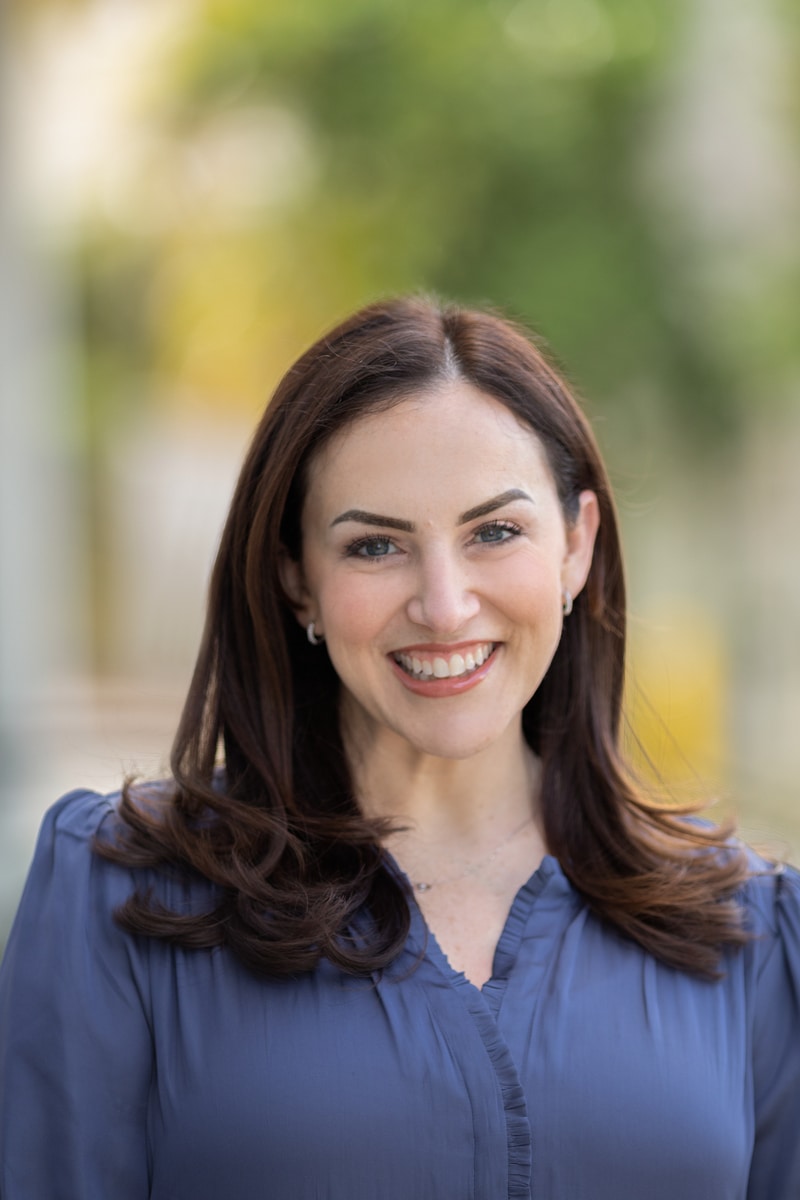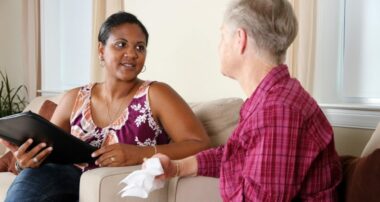In the past few decades, there has been a steady increase in the number and popularity of diet trends. They’re often called lifestyle choices or presented as solutions to the so-called “obesity crisis.” With the rise of these diets, people who are predisposed toward a desire to lose weight or have a disordered relationship with their body image can get the idea thateating disorders like anorexia nervosa are just another kind of dietary choice.
Many people in the United States attempt to control what they eat for health reasons. People with Type 2 diabetes, for example, are asked to carefully monitor their sugar and carbohydrate intake. Many doctors also recommend their patients lose weight to avoid complications from being overweight. This leads some people to point out certain ]similarities between eating disorders like orthorexia nervosa, which centers around eating only certain food types, and choosing to restrict or avoid certain foods – however, this is a false comparison when it comes to compulsive eating behaviors.
Among the most prominent differences is that disordered eating is beyond a person’s control. Restriction, purging, binge eating episodes – these become compulsive for people suffering from anorexia nervosa, binge eating disorder, and bulimia nervosa. As defined by the DSM-5 (the official psychiatric manual for diagnosis), an eating disorder is a continued pattern of disordered behavior – while a dietary choice is a person’s decision to make, and eating disorders go beyond a person’s ability to cease without help. It will require treatment.
Dieting and Eating Disorders Are Often Related
Although eating disorders are relatively commonplace, many laypeople are not terribly familiar with them – and the similarities between disordered eating behaviors and dieting can be unclear. Most diets require eating only certain food and restricting the number of calories the person takes in. This means that for people displaying eating disorder symptoms, “being on a diet” can act as a cover story to hide their disorder. If the person is overweight, they may even be praised for their efforts to lose weight. However, many if not most people with eating disorders are not underweight; disorders like atypical anorexia nervosa and binge eating disorder are just as risky for the person’s health as anorexia nervosa (which is partially defined by low body weight).
Every year, about 45 million Americans choose to engage in adiet such as keto, paleo, or a more organized one such as Weight Watchers or Jenny Craig. In each of these, the dieter is encouragedto avoid certain foods until they reach a weight goal.However, this interferes with the concept of “intuitive eating,” which is central to virtually every eating disorder recovery program. Intuitive eating puts its focus on eating for joy and satiety, for the nourishment of the body and soul – and not for obsessing over weight or body shape. Eating disorder treatment programs generally eschew revealing their clients’ weigh-in results, instead focusing on a Healthy At Every Size approach that foregrounds intuitive eating.
Please note that dietary restrictions can be a cultural concept rather than a weight loss one; some religions require avoiding certain foods like pork, for example, and certain cultures’ cuisines may favor some foods over others.These cultural restrictions do not prevent a complete, nutritious diet and are not considered to be a form of disordered eating. Similarly, as previously mentioned, medically dietary restrictions such as restricting gluten for people with celiac disease or sugar for people with diabetes are not considered to be disordered eating, nor are (obviously) avoiding foods a person is allergic to.
Balancing the Relationship Between Yourself and Food
For the 20 million women and 10 million menthat display symptoms of an eating disorder in the UnitedStates alone, balancing their desire to lose weight or otherwise engage in disordered eating behaviors with their health can become tricky. Distorted views of their weight and a damaged relationship with food and eating trap them into a dangerous behavioral health issue.
IN these cases, dieting can trigger disordered eating behaviors. Although dietary choices do not require care from professional programs as eating disorders do, they can still lead to unintended consequences. Even doctors may not know about a person’s risk factors for an eating disorder – people tend to hide their disordered relationship with food even from those closest to them. Recommendations to lose weight or restrict food, even by a medical professional, can act as a form of validation for a person’s disordered self.
In a situation like that, it might be time to seek out help. Eating disorder treatment programs offer therapy specifically designed for the needs of people whose eating habits have become disordered, and to reinstitute intuitive eating practices in their lives.
These residential or day treatment programs consist of professionals who provide essential care; while many of the therapy programs can help clients make healthier decisions when it comes to how and when they eat, they go far beyond a simple conversation about a diet that’s gotten out of hand.
Restoring Your Relationship With Food and Eating and Becoming Free of Diets
The first step to recovery if you or a loved one is dealing with disordered eating is to talk to your doctor. They might not be specialists in the field of eating disorders or mental health, but they can point you in the right direction of a psychiatrist or treatment center who can make a diagnosis and recommend further options.
Then you should decide whether day treatment on residential treatment is the correct choice for you. Residential programs allow the client to live at the facility and spend 24 hours a day working on their recovery. Residential normally begins at 30 days and may extend for several months. They’re ideal for more advanced or more severe cases, and they also provide medical stabilization for clients at risk for medical complications of their eating disorder.
Day treatment programs don’t require people to live at the facility, instead arranging frequent sessions with therapists and other healthcare professionals to address the condition. They often act as “step-down” programs for people leaving residential treatment, and further the recovery process while the client re-establishes themselves in day-to-day life. Virtual programs and online counseling are also central to day treatment, especially after the COVID-19 pandemic. Day treatment programs normally offer the same types of therapeutic programs as residential, with lower frequency and intensiveness.
Day treatment facilities will normally offer counseling sessions with psychologists, medical doctors, and nutritionists for meal planning, for example. They can help people avoid inadvertently making dietary choices thatinfluence disordered eating, and how to incorporate “healthy foods” into a balanced diet. They can help clients avoid certain choices, such as fad diets and prolonged fasting, which can act as triggers for people who are predisposed to developing an eating disorder.
For more information about eating disorder recovery, body image, and dieting, check out the many online resources or contact a treatment center today.












